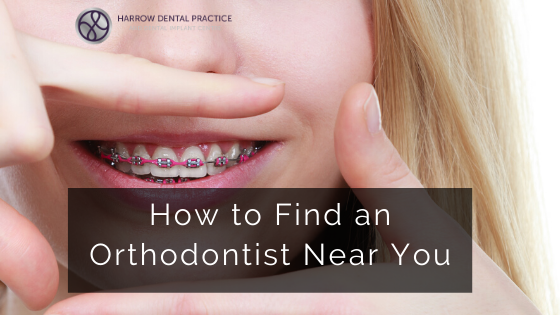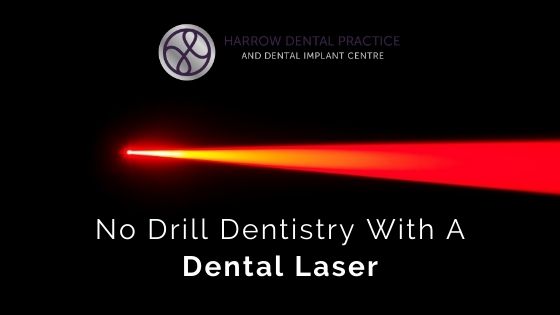 For many people, visiting the dentist’s office is nothing short of a nightmare. They would rather bear extreme toothache and discomfort, than dare step foot into a dental clinic.
For many people, visiting the dentist’s office is nothing short of a nightmare. They would rather bear extreme toothache and discomfort, than dare step foot into a dental clinic.
According to the Oral Health Foundation, one in every third person in the UK has some form of dental fear, while one-eighth of the population suffers from extreme dental phobia. Similarly, it has been estimated that around 31% of UK citizens have untreated teeth cavities because they are afraid of going to their dentist, while another 29% suffer from dental pain for the same reason.
Research has indicated that the fear of the needle and strange, frightening sound of the dentist drill are among common reasons why people avoid visiting their dentists – even at the cost of their oral health.
If you are also one of those individuals who dread the dental drill and tries to find any excuse to forgo a scheduled dental appointment, then there is good news for you.
Thanks to dental lasers, you don’t have to bear the dreadful sound of a dental drill anymore. You can simply relax on the dental chair, while your dentist performs treatment with a dental laser soundlessly – without the need for a drilling procedure.
Not only have dental lasers started to replace the dental drills in dental offices, but they are also used by dentists to perform newer innovative treatment procedures. This article explains how you can benefit from lasers as a dental patient – especially if you do not like the sound of the dentist drill.
Is Laser Whitening Better Than Dentist Home Kit?
Dental lasers have completely revolutionised how dentists perform teeth whitening. Not only laser-assisted whitening procedures require lesser time, but they also provide superior whitening results compared with other professional and at-home whitening procedures – that too in just one sitting.
But how do lasers make teeth whitening more effective? Let us explain. Most whitening formulae containing a bleaching agent that penetrates into the tooth enamel and removes the stains. When dentists use lasers during professional whitening, they activate these whitening formulae which allow them to reach deeper into the tooth and remove more stains – thereby achieving a better aesthetic outcome.
How Does A Laser At The Dentist Work?
Dentists use different types of lasers for performing various procedures.
- One of the most common types of lasers is the one used for whitening teeth.
- Other types of lasers are called the “hard-tissue lasers”, which are used as a replacement for the conventional dentists drilling procedure – to prepare teeth cavities for restoring damaged teeth.
- Another type of lasers, the “soft tissue” lasers are used by dentists for performing procedures on soft tissues like the gums and lips.
What Does The Dentist Use A Laser For?
Dental lasers have found a wide range of employability in the dental office. Apart from using them for whitening teeth, dentists may also use them for:
- Hard Tissue Procedures – these lasers are used for performing procedures on the dental hard tissues, like the teeth and the bones. Some examples of dental hard tissue procedures include cavity preparations, selective removal of jaw bone to remove an impacted tooth, and surgical tooth extraction.
- Soft Tissue Lasers – soft tissue lasers are used for procedures such which involve removal, or recontouring of oral soft tissues like the lips and the gums. For example, your dentist may use a laser for removing excessive tissue – a condition called gingival hyperplasia.
How Can A Laser Replace A Dentist Drill?
The word LASER is an acronym for “Light Amplification through Stimulated Emission of Radiation”. Simply put, lasers work by emitting high-power light energy which can be used for various purposes.
The amount of energy is so high that it can be used for cutting hard tissues like teeth and bones or to vaporise soft tissues like gums without causing significant bleeding.
Similarly, in the case of teeth whitening, a dental laser serves as a source of heat, leading to the activation of the bleaching agent.
Why Is A Laser Good For People Scared Of The Dentist?
Dental lasers offer several benefits. These include:
- Replacement for the Dental Drill – dental lasers are an excellent alternative to the dental drills. They are especially effective for individuals who are afraid of the sound of the drill and avoid dental treatment because of this. The dental drill works soundlessly, and therefore, can prove helpful while treating extremely frightened and apprehensive patients.
- Improved Healing – dental lasers offer superior precision and surgical accuracy than conventional surgical instruments. As a result, surgical procedures performed on dental lasers cause lesser scaling, and they also heal more quickly.
- No Bleeding – dental lasers also serve as cauterising agents during surgery – occluding blood vessels and stopping the bleeding. This gives a clearer view of the dentist so that they perform the surgery with more ease.
- Reduced Need for Anaesthesia – dental lasers also reduces the pain experienced during treatment. Therefore, they require a lesser quantity of anaesthesia in comparison to conventional surgical procedures.
- Tooth Conservation – owing to the high-precision of the lasers, dentists only remove the damaged tooth structure, while preserving the healthy tooth. As a result, the restored teeth are much stronger and serve for a longer duration.
In addition to the dentist drill, COVID infection has also made people afraid of visiting the dentist. However, there is no need to worry, as dentists are trained in ensuring the highest standards of sterilisation and cross-infection control.
If you are in Sussex, and you’re looking for a dentist office which provides painless “drill-free” treatment in a comfortable and relaxing environment, then Harrow Dental Practice, Hornchurch is where you should go.
Our aim is to provide high-quality dental services and to allay the fears of our esteemed patients, especially the ones who are afraid of the dental drill.
Our friendly and gentle staff in Essex will ensure that you received the highest standard of dental care. Visit this link on our website, scroll down and fill the form to book an appointment with our treatment coordinators – to discuss your drill-free treatment options.

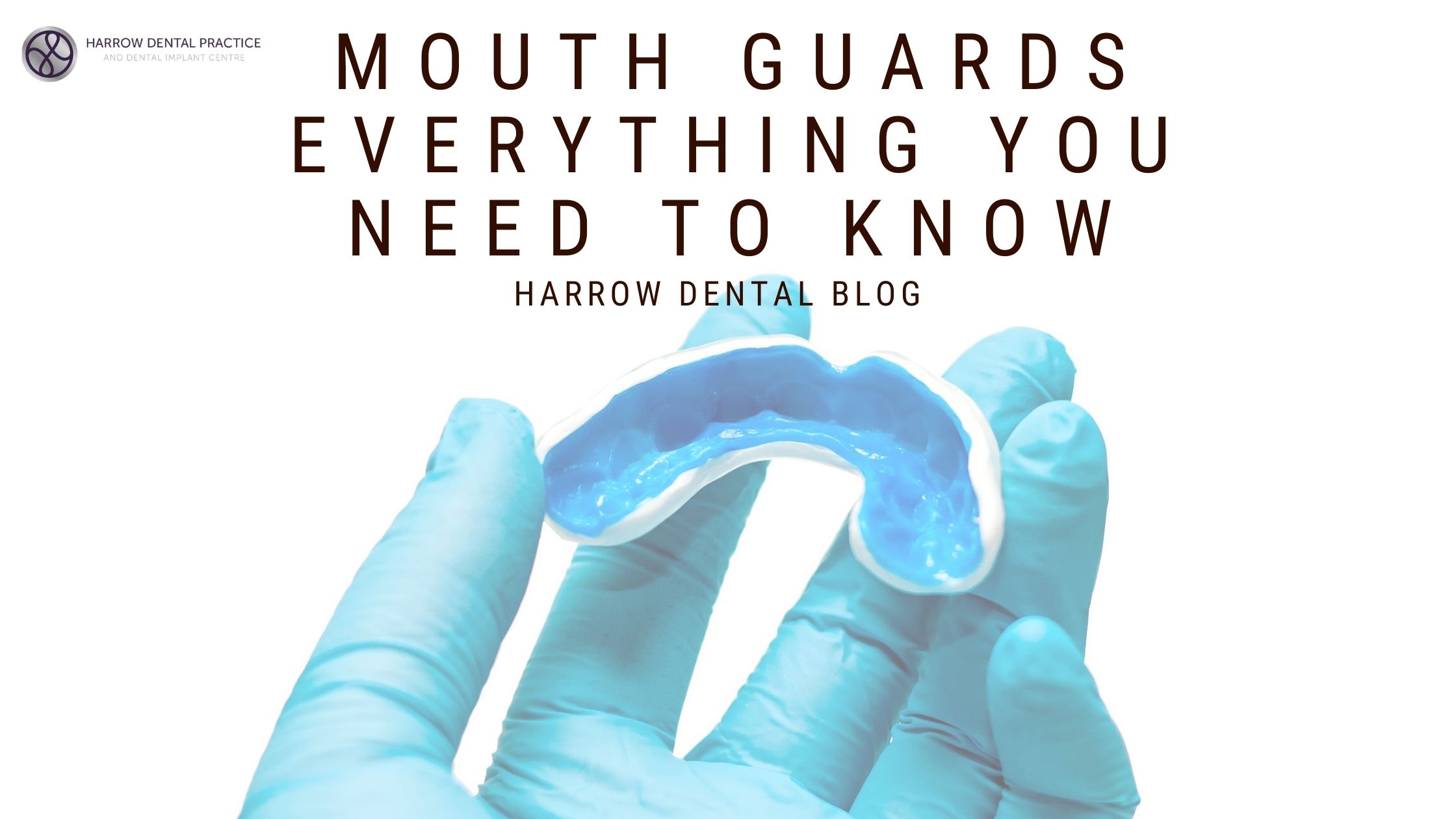 We are living in one of the most stressed-out times in the history of mankind. In fact, in a recent
We are living in one of the most stressed-out times in the history of mankind. In fact, in a recent 

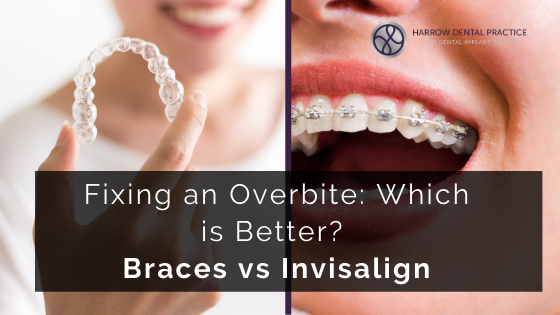

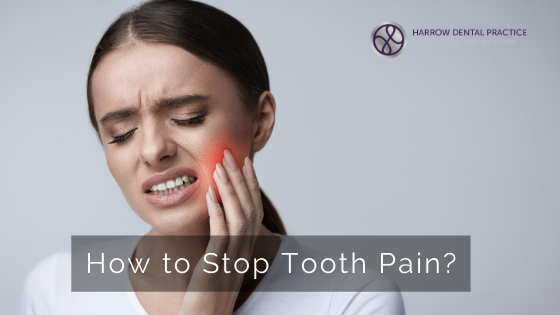

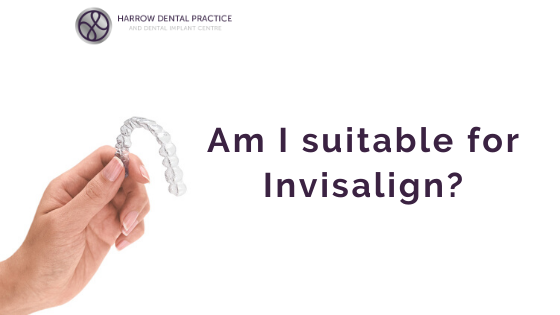 As it becomes more popular and as a wider range of treatments are included in the system, it becomes more suitable for a wider range of people… But how do you know if you are eligible for Invisalign?
As it becomes more popular and as a wider range of treatments are included in the system, it becomes more suitable for a wider range of people… But how do you know if you are eligible for Invisalign?
